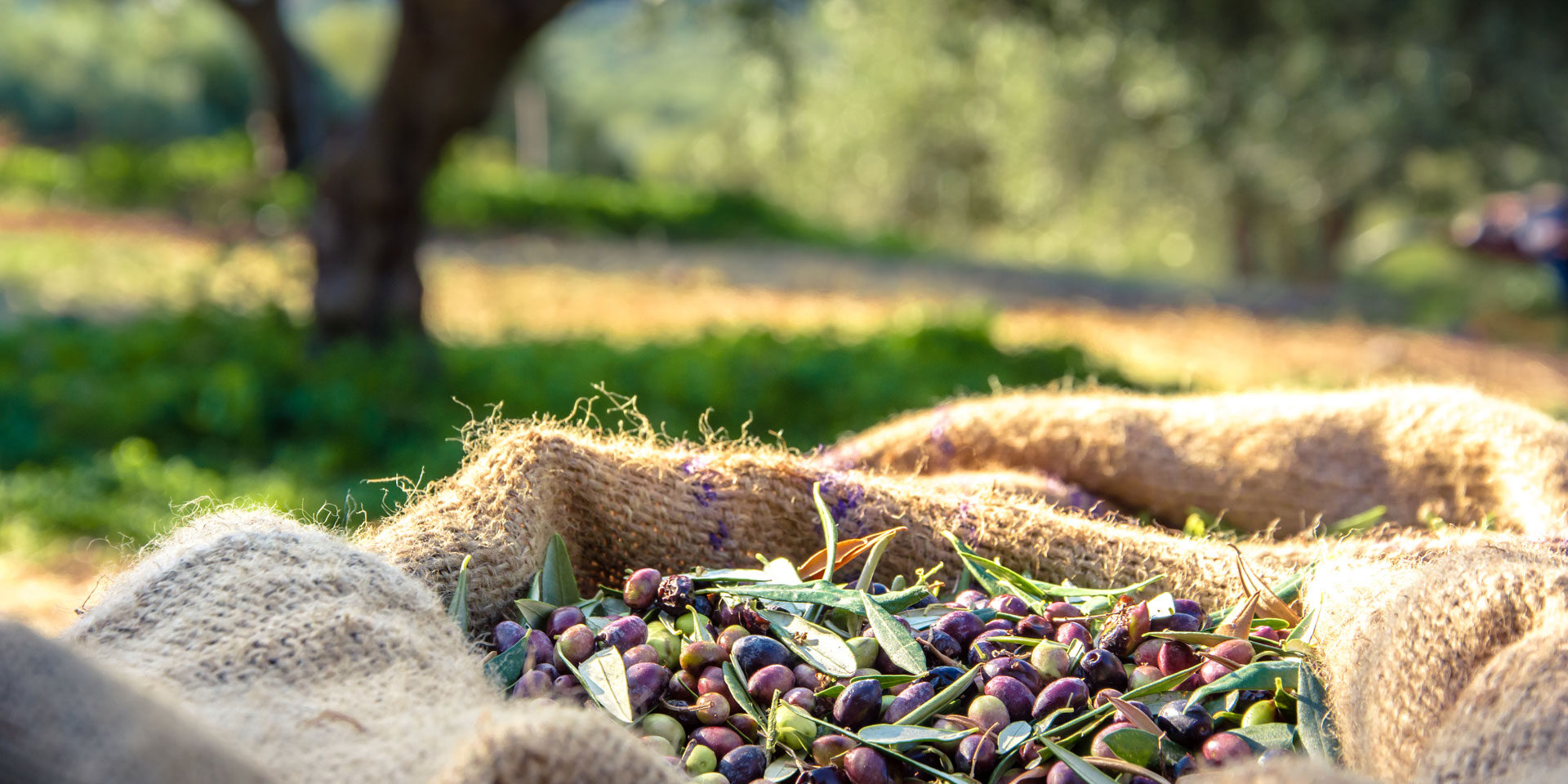In Anatolian culture, olive oil is not only considered a culinary ingredient but also an element with deep historical, cultural, and symbolic significance. The presence and use of olive oil in this region reflect a rich heritage that has persisted since ancient times.
1- Historical Origins: Anatolia has a long history of olive oil use. Since antiquity, olive oil has been utilized for various purposes, including food, medicine, personal care, and religious rituals. Ancient civilizations regarded olive oil as a valuable resource and an essential commodity in trade.
2- Cultural and Religious Significance: In Anatolia, olive oil has been associated with concepts such as peace, purity, and sanctity. It has been used in various religious traditions for lighting, blessings, and offerings. This widespread use has made olive oil a central element in the region’s religious and cultural life.
3- Traditional Cuisine: Olive oil is a fundamental ingredient in Anatolian cuisine. Particularly in the Aegean, Mediterranean, and Marmara regions, olive oil-based dishes hold a significant place in the dietary and culinary traditions. The health benefits of olive oil are another important factor contributing to its widespread preference.
4- Health and Nutrition: For the people of Anatolia, olive oil is a symbol of healthy eating. Rich in antioxidants and healthy fats, it is valued for its protective effects against heart disease and its anti-inflammatory properties.
5- Economic and Environmental Importance: Olive oil production is a critical sector for the economy of many regions in Anatolia. Olive trees contribute to the ecological balance of the region and are considered an essential part of sustainable agricultural practices. This supports rural development while promoting environmental sustainability.
In conclusion, olive oil plays a vital role in Anatolian culture, extending beyond the kitchen to religious rituals and economic life. This highlights that olive oil is not merely a food product but a cultural asset that profoundly shapes the region’s history, traditions, and social life.







